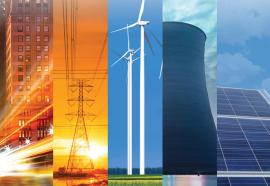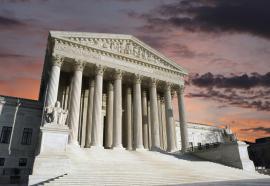Constitutional Controversy
Can EPA’s Clean Power Plan Pass Muster?
The Clean Power Plan’s fate may hinge on whether the federal government is seen as usurping states’ rights under the Fifth and Tenth Amendments. Harvard’s Law School professors debate the issue.









